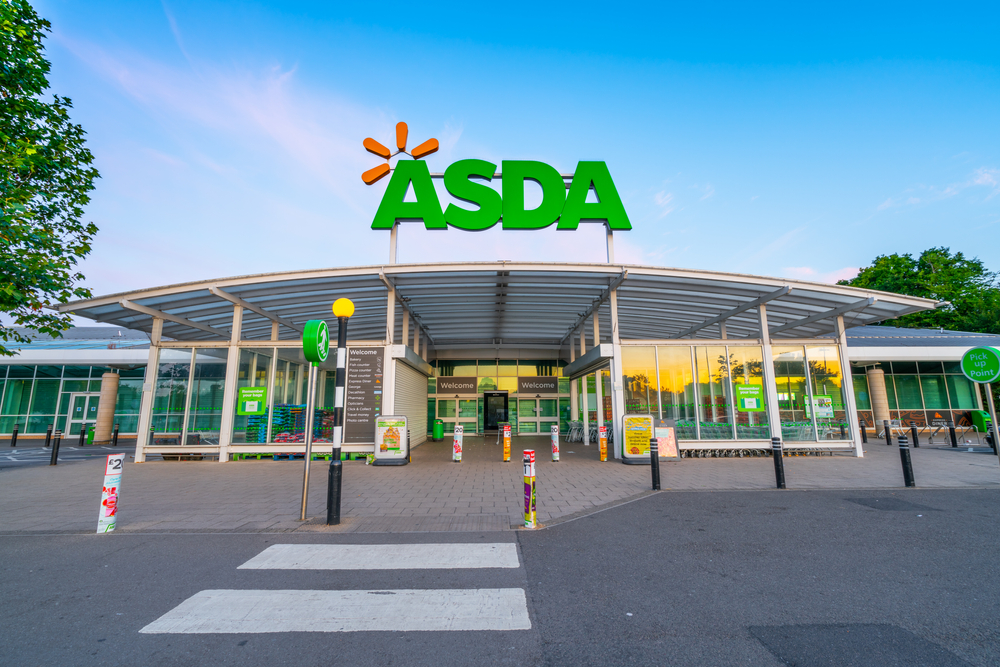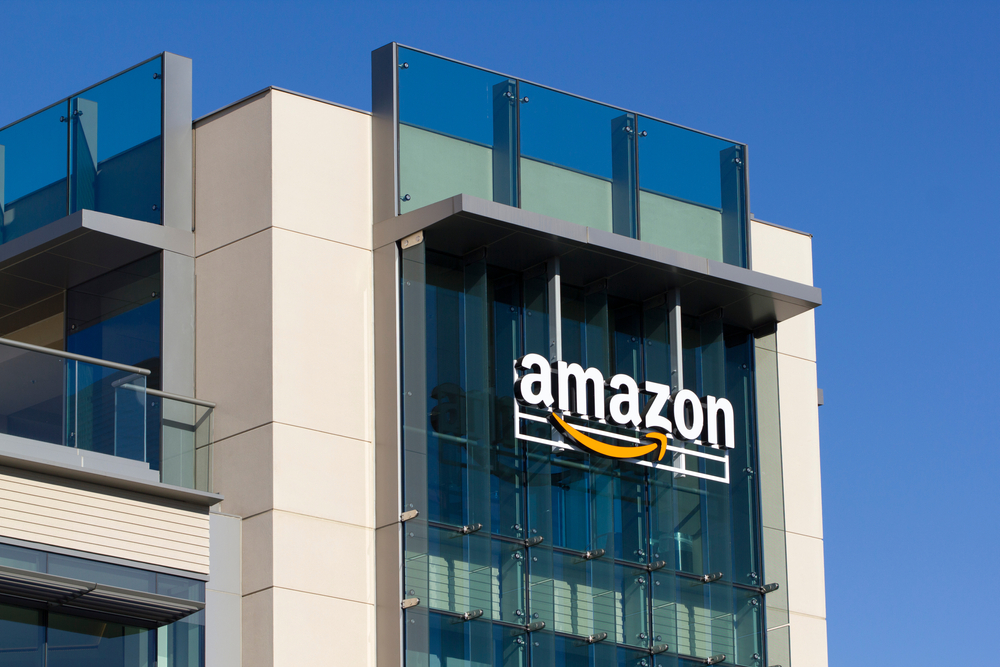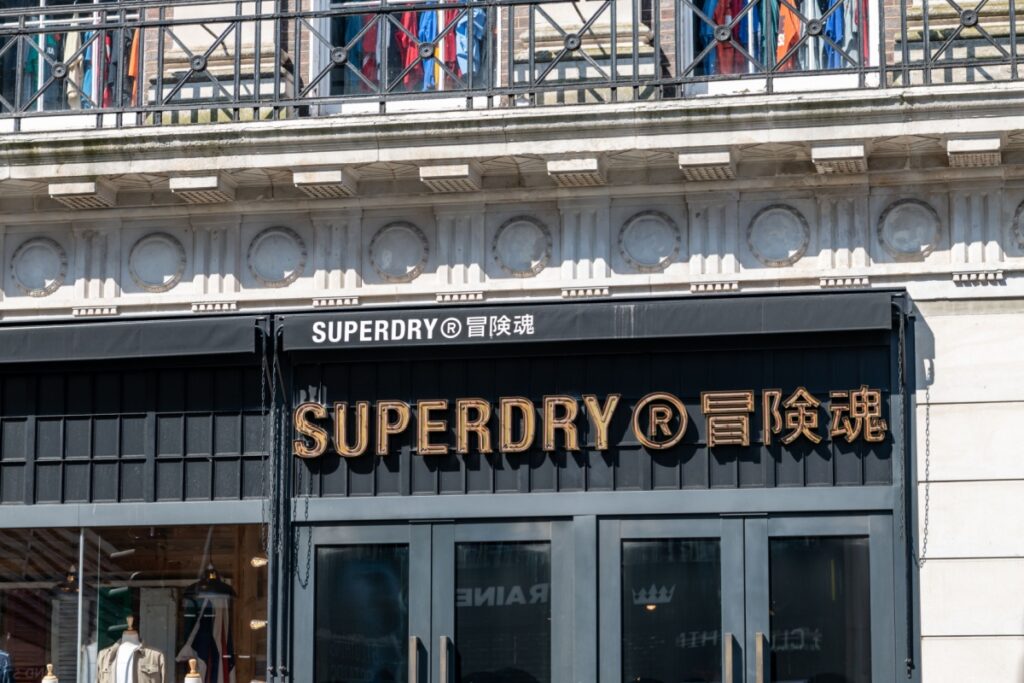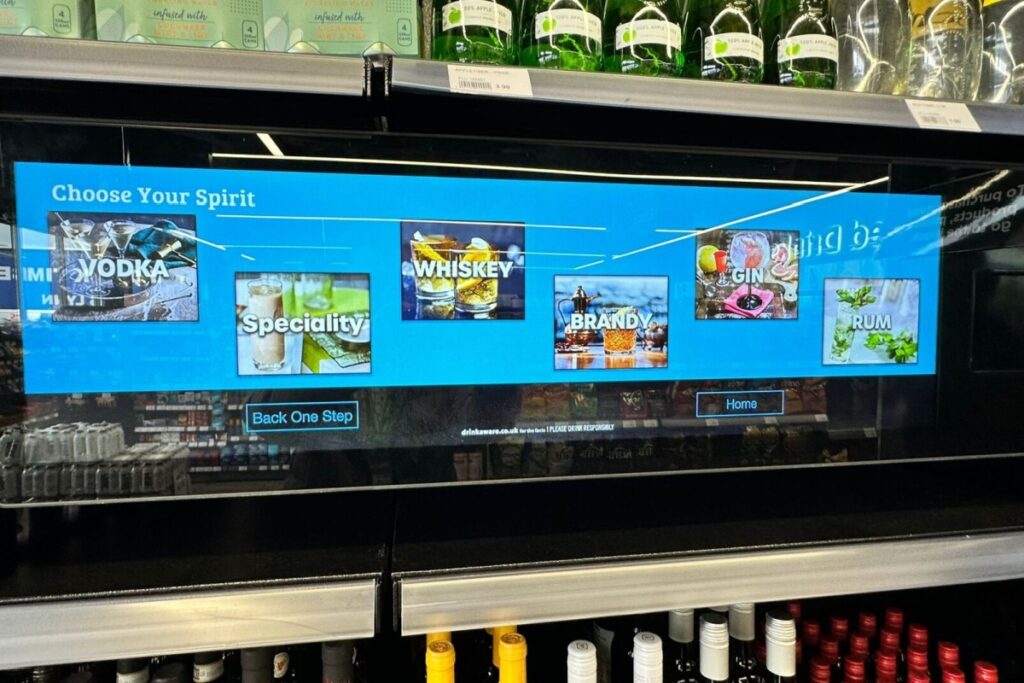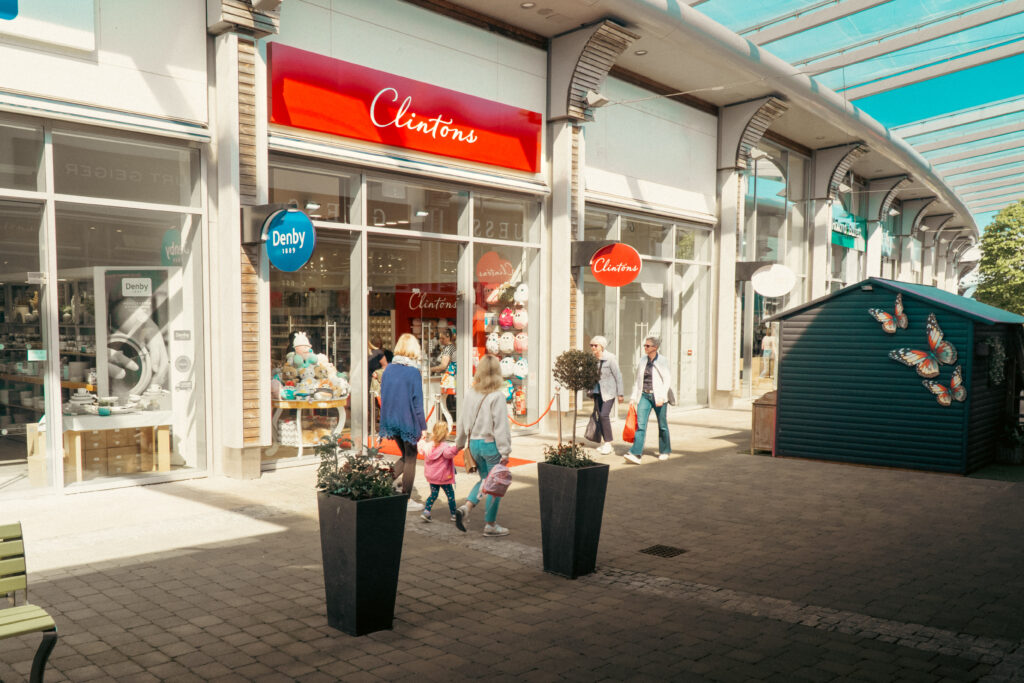// The UK’s grocery sales reached a new record at £12.8 billion in December as year-on-year growth hit 9.4%, the fastest rate recorded since February 2021,
// Market leader Tesco, Sainsbury’s and Asda all delivered solid performances, with sales on a value basis up 6.0%, 6.2% and 6.4% respectively over the 12 weeks to December 25
Buoyant Christmas sales were enjoyed across the board this month with Asda posting the strongest sales of the traditional retailers.
According to data from Kantar, the traditional grocers still captured most of the Christmas purchasing, with Tesco, Sainsbury’s, Asda and Morrisons accounting for more than two-thirds of all spending.
Asda’s sales were up by 6.4%, closely followed by Sainsbury’s and Tesco which achieved sales growth of 6.2% and 6.0% respectively.
Despite sales falling by 2.9%, Morrisons had its best performance since June 2021, leaving the supermarket in good stead for a return to growth in the new year.
Aldi remained the fastest-growing grocer with 27.0% growth taking its market share up from 7.7% this time last year to 9.1%.
Lidl’s sales also jumped by 23.9%, moving its market share up by 0.9 percentage points to 7.2%.
Iceland’s sales grew by 10.2%, with sales of frozen poultry rising by 15% and frozen prepared foods by 18%. This pushed Iceland’s market share to 2.5%.
Co-op’s market share now stands at 5.6% while Waitrose has 4.7% and Ocado increased sales by 8.2%, maintaining a market share of 1.7%.
Subscribe to Retail Gazette for free
Sign up here to get the latest news straight into your inbox each morning
Take-home grocery sales rose by 7.6% in the 12 weeks to 25 December according to the latest figures from Kantar.
Year-on-year growth last month was even higher at 9.4%, the fastest rate recorded since February 2021, with sales reaching a new record at £12.8 billion.
Kantar head of retail and consumer insight Fraser McKevitt said: “Monthly grocery sales were a whopping £1.1 billion higher in December versus last year, breaching the £12 billion mark for the first time.
“Value sales are up significantly but grocery price inflation is the real driving factor behind this rather than increased purchasing. If we look at the amount people bought this period, sales measured by volume are actually down by 1% year-on-year, showing the challenges shoppers are facing.”
Grocery price inflation now stands at 14.4%, down slightly from 14.6% in November.
Fraser McKevitt said: “This is the second month in a row that grocery price inflation has fallen, raising hopes that the worst has now passed. However, it’s still a painfully high figure at the current rate, impacting how and what we buy at the shops.” Consumers continued to trade down to supermarkets’ own-label products this period, with sales rising by 13.3%, well ahead of a 4.7% increase in branded lines.
Fraser added: “The British supermarket sector is more competitive than ever and the grocers are keen to retain customers by offering their own festive alternatives. This has included an emphasis on premium own-label products, giving consumers a way to treat themselves this Christmas.
“These lines always do well at this time of year and this festive period was no exception with sales growing by 10.2% to hit more than £700 million for the first time. Tesco’s Finest range remains the single largest premium own label line by some distance, while Aldi and Lidl were the biggest contributors to the premium own label sector’s overall growth in 2022.”
Click here to sign up to Retail Gazette‘s free daily email newsletter

